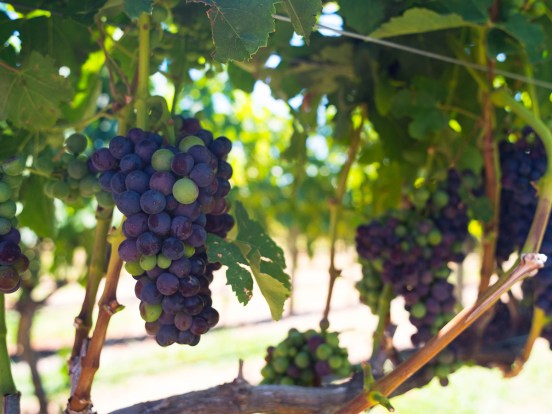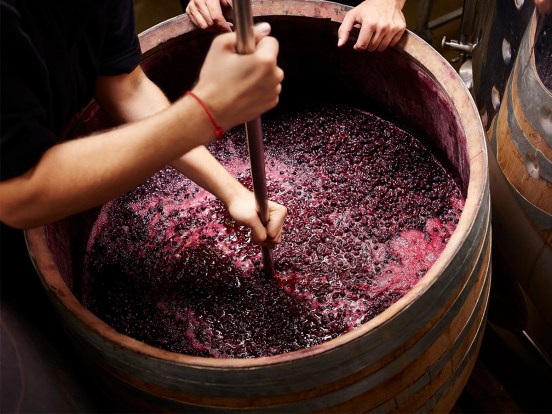Demand for organic wine has surged with Kiwi winery Babich reporting organic wine sales have more than doubled in five years.
The sales reflect wider market trends with almost one billion bottles of organic wine expected to be consumed around the world by 2023, more than doubling from the 441 million bottles recorded in 2013, according to the organisers of the largest international organic wine competition, Millésime Bio.
Babich Wines started its organic wine journey more than 15 years ago in Marlborough, pursuing BioGro certification for Headwaters, their flagship organic vineyard.
Babich Wines CEO David Babich says while it’s been a long journey, it’s rewarding to now see the rapid expansion of organic wine both in New Zealand and around the world.
“For the first 10 years of our organic wine production, our wines generated a stable following with steady sales. However, it’s only been in the last three to four years we’ve seen that ramp up both locally and internationally to deliver the growth rates we’re seeing now,” he says.
“We’re now hitting a balance between production volume and sales. Our number of organic hectares is set to expand by 50 per cent by 2024, at which point Babich Wines will have three vineyards producing certified organic grapes.”
According to Babich, it’s no secret organic winegrowing is more expensive due to the increased labour costs involved in production and lower crop yield.
“A key difference in growing organic grapes is the approach to weed management. With no herbicides in use, the vines are in a more competitive biodiverse environment so they might produce 30 per cent fewer grapes than our other vineyards.
“However, the vines’ increased competition for nutrients is more beneficial for soil health, while our organic production nurtures sensitive insect life,” he says.
“In our experience, these organic methods result in better vine health. We know that healthy vines produce better grapes with more flavour, which is what manifests for the consumer in the glass.
“Naturally, increased production outlay means organic wines cost more on shelf. But the sales growth we’re seeing gives us confidence that consumers believe they are getting value for money from organic wines.”
NZ Organic Wine Week takes place from 19-15 September, 2022.
Did you know?
There are six ways you can catch up with The Shout NZ?
Our print magazine – September issue out now! Subscribe here.
Online, updated daily with its own unique content and breaking news.
Our weekly newsletter – free to your inbox! Subscribe here.
Our digital magazines – the latest issues are online now.
We are also on Facebook and Instagram!





